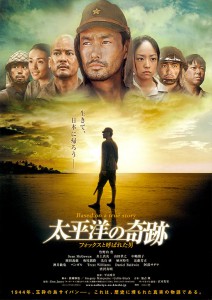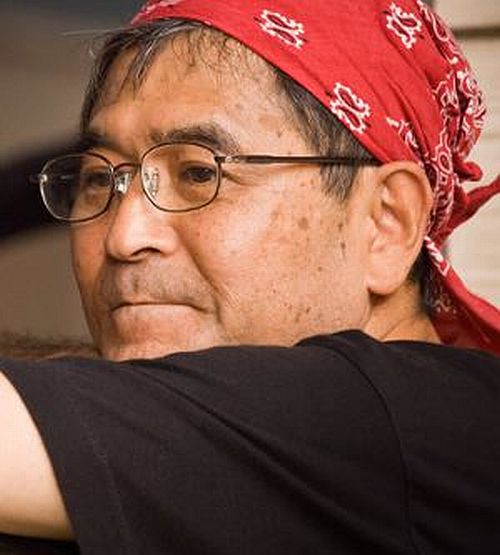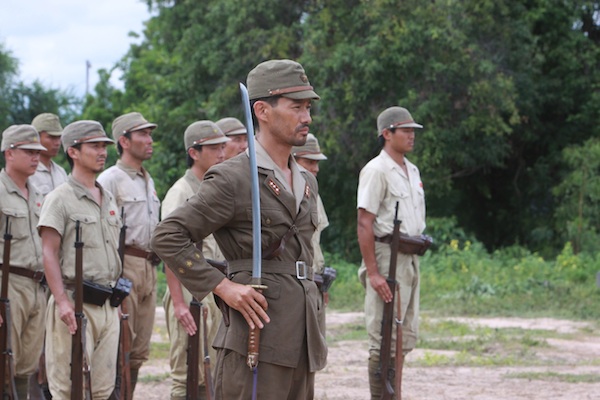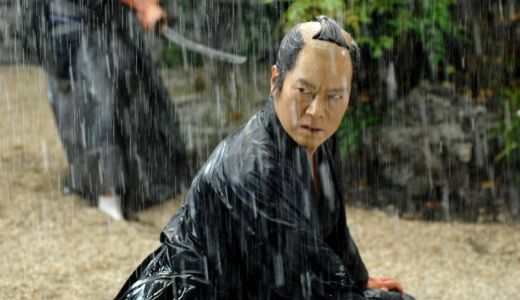 Japanese filmmaker Hideyuki Hirayama is a multi award winning director, who burst onto the scene back in the early 1990s when he picked up Directors Guild of Japan New Directors Award for his second feature, The Games Teachers Play. In 1999, he won the Japan Academy Prize for Director of the Year for Begging for Love, and later picked up Best Director award at the 2003 Yokohama Film Festival.
Japanese filmmaker Hideyuki Hirayama is a multi award winning director, who burst onto the scene back in the early 1990s when he picked up Directors Guild of Japan New Directors Award for his second feature, The Games Teachers Play. In 1999, he won the Japan Academy Prize for Director of the Year for Begging for Love, and later picked up Best Director award at the 2003 Yokohama Film Festival.
Touring Australia for the first time, Hirayama brings with him two of his most recent films, Oba, The Last Samurai and Shinsan: A Serenade in a Coalmine Town. We were lucky enough to be able to ask him a few questions, although the director proves to be a man of few words. This direct approach reflects the simple and straightforward, but no less powerful, way that Hirayama tells his stories on screen. The interview was arranged via questions prepared in advance for translation.
We need to thank Hirayama-san for his time, along with Programme Coordinator Evon Fung and all the good folk at the The Japan Foundation and the Japanese Film Festival in Sydney.
The translation for this interview was done by Makoto Miyama.
Welcome to Australia and congratulations on the success of both Oba, The Last Samurai and Shinsan.
Thank you. It’s my first time being able to see my movies before the audience. It pleases me that the movie was such a hit.
What first attracted you to the story of Sakae Ōba and Ōba, The Last Samurai?
I found the choice of life over war intriguing.
At what stage in the development of Ōba, The Last Samurai did you decide to collaborate with Cellin Gluck?
The offer was made at the very beginning of the production.
Did the twin shoots prove challenging to keep the story together?
The twin shoots provided no problem during shooting, but at the time we foresaw that it would cause difficulty with editing.
What qualities did you see in Yutaka Takenouchi that led you to cast him as Ōba?
The decision to cast Takenouchi was made from the start. I believe his performance has done us very proud.
Were there any challenges in the Thailand shoot?
I found it difficult to adjust to the heat and climate. However, I was given a fresh sense that the goal of movie making knows no bounds.
You were born Kitakyushu City, Fukuoka Prefecture. Does Shinsan bring with it a personal element for you?
Being my home town, I did feel a little awkward doing a historical shoot there.
What intrigued you about Tomoki Tsujiuchi’s novel?
That children have so much energy.
Shin-san has a talented cast of young actors. How did you go about finding them?
Just through auditions.
Is it different working with children to directing adults?
Adults to a degree can picture what life was like in this period but children live in a world that is far from such thoughts, so I was very pleased to be able to capture this in my film.
Several of the cast (including Sosuke Ikematsu) are from Fukuoka. Did this happen naturally, or did you deliberately choose this?
I specifically sought out those who can speak with the unique Fukuoka accent. So, inevitably, many actors from Fukuoka were cast.
The film is set in the 1960s and captures this period perfectly: did you look to particular films or filmmakers, or any other source materials, for influence or inspiration?
Not particularly. The reference material that I did use for the movie was generally material on Fukuoka that I had amassed.
Including Sword of Desperation, your last three films have been historical or period pieces. Does history have a particular importance to you?
With technology coming as far as it has, we have entered an era where one can make a movie simply by taking a camera and filming. But when you are dealing with historical films you must pay attention to every corner and every subtle detail. In that tediousness is where the true essence of film making lies.
What do you have planned next?
I don’t know how many films I have left in me, but I am grateful that I could share with you all what I already have.






